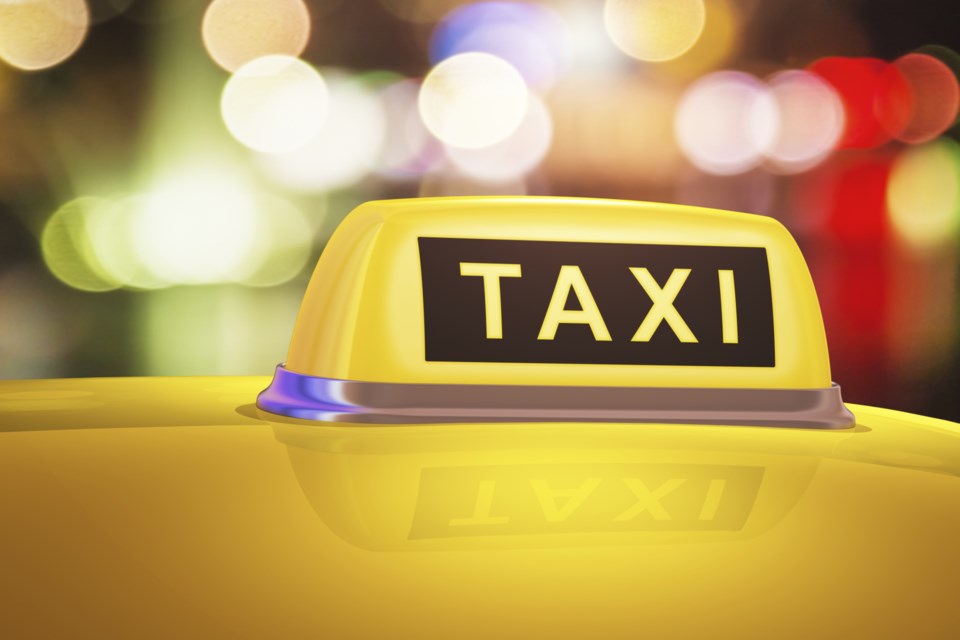At first glance, it appears the BC NDP provincial government and a new report on modernizing the taxi industry are bending over backwards to protect it.
After all, it would seem consumers shouldn’t care whether companies that purchased taxi licences for huge sums in years past lose their shirts when ride-hailing apps become legal. Those were exchanges between private parties after the licences were issued by the public regulator for a nominal fee, and with all businesses, investors sometimes lose money in risky ventures.
As Dan Hara notes in his report on the issue of compensation: “On an ethical basis, should the public purse be held accountable for private business decisions? Creating taxi licence value was never an objective of the system and the public purse never received the large payments for the purchase of taxi licences.”
But maybe it’s not such a bad thing to increase the number of taxis by 15 per cent, as the BC NDP government intends to do, while delaying the entry of ride-hailing apps, even if it seems doing so will turn the clock back a decade.
Keeping taxis afloat while discouraging bureaucratic duplication and licence re-sales would be beneficial if it means increased competition should large-scale international businesses, such as Uber and Lyft, enter Metro Vancouver.
Taxis are not all bad and can be a consistent, safe and reliable service, albeit with serious limitations for those living in the suburbs. For one thing, taxis are better positioned to provide accessibility services, as they already do, and if adequately promoted, could make this a selling feature, because Uber has admitted it can’t provide this service.
While it’s true an area cab company, Bel-Air Taxi, missed an opportunity by keeping a wheelchair-bound senior waiting three hours for a cab in the rain on Canada Day, this should be an anomaly in a public conveyance system if it’s not a private monopoly.
If ride-hailing apps were to push taxis out of business, these international juggernauts could quickly become a monopoly of another kind, with benefits flowing to businesses with U.S. headquarters. These apps, as we have seen, are not without their own awful histories, although their convenience cannot be denied.
What is important is that public safety be protected and service guaranteed, giving people, especially in the suburbs, another way to get around without a personal automobile. (And please don’t forget that transit can be an excellent alternative.)
Levelling the playing field so taxis can compete should be the goal of modernizing the fleet — but with an eye to more competition, not less.



